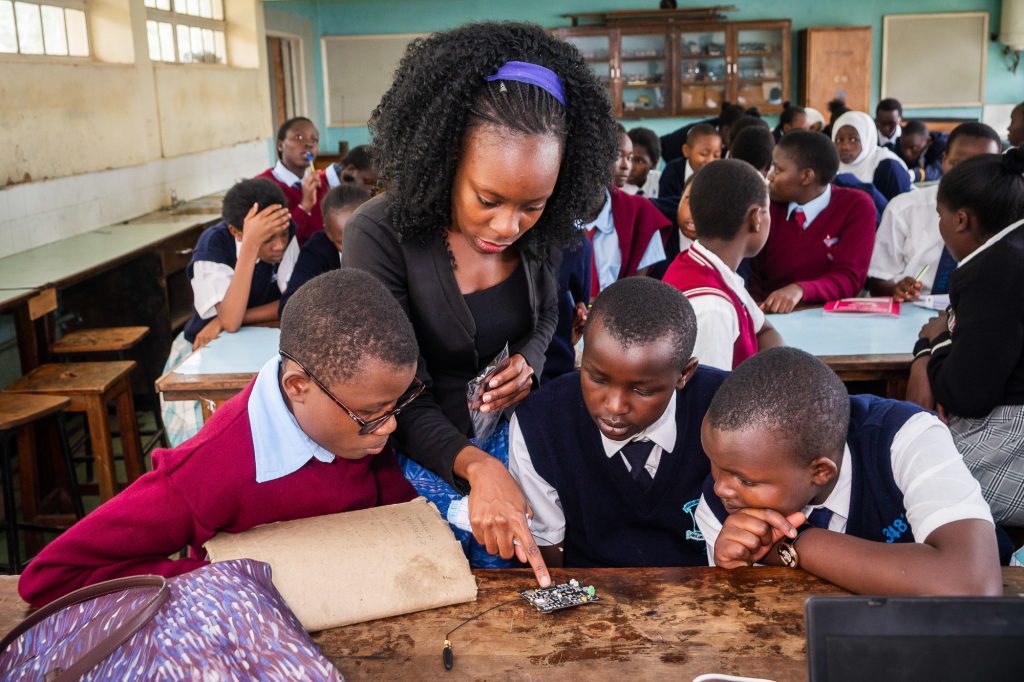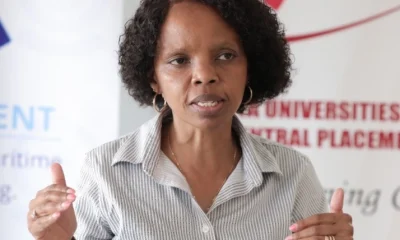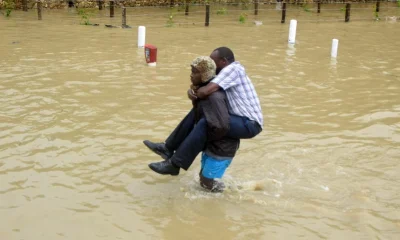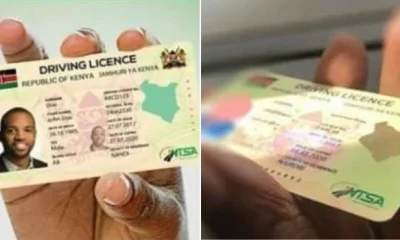Counties
Can You Afford Grade 9? Kenya’s New School Fees Explained
The Kenyan government has announced a significant reduction in its funding for free day secondary education, effectively ending the fully-subsidized model and shifting a substantial financial burden onto parents for the first time in years. The move, part of the broader rollout of the Competency-Based Curriculum (CBC), has sparked concerns over educational accessibility for low-income families.

ALSO READ: Ole Kina Challenges Secret 50-Year Lease of Jamhuri Showground to Chinese Firm
According to a directive from the Ministry of Education, the annual capitation grant for each day secondary student will be cut from the current Sh22,244 to Sh12,870. This reduction of Sh9,374 per student will now be borne directly by parents and guardians.
The new fee structure is scheduled to take effect in January 2026, coinciding with the entry of the first cohort of Grade 9 learners into the senior school level of the CBC system.
A New Financial Reality for Households
The policy change delineates a clear cost-sharing framework. For day scholars, parents will be required to cover the Sh9,374 shortfall. For boarding students in public senior schools, the government has standardized annual fees at Sh53,554, which includes a state subsidy. However, parents will still be responsible for paying this standardized amount.
In a separate structure for learners with special needs, the government will provide a capitation grant of Sh32,600 for those in boarding school, while parents of day scholars will be required to pay Sh37,210.
Ministry officials have attributed the funding cut to prevailing economic constraints and the financial demands of implementing the CBC reforms. In statements aimed at pre-empting public alarm, they have assured that no student will be denied admission or sent home for failure to pay the new fees immediately, emphasizing that parents will have the option to pay in installments.
Critics Warn of Deepening Inequality
Despite these assurances, education advocates and critics have sounded the alarm, warning that the new costs could push secondary education out of reach for many Kenyan families already grappling with a high cost of living.
“The principle of free day secondary education has been a cornerstone of educational access in this country,” said Dr. Emily Atonya, an education policy analyst at the Centre for Rights and Governance. “To introduce a direct cost of nearly Sh10,000 per child, especially at a time when families are financially strained, is a regressive step. We risk seeing a spike in drop-out rates, particularly among girls and children from the most vulnerable households.”
The government’s move marks a pivotal moment for Kenya’s education sector, which has operated under a free day secondary policy for years. As the nation navigates the transition to the CBC, the debate over balancing fiscal responsibility with the constitutional right to education is set to intensify, with the financial burden now landing squarely on the kitchen tables of parents across the country.
Follow us on X
-

 Gossip6 days ago
Gossip6 days agoForeign Tourist’s Viral Uganda Video Ignites Social Media Frenzy Over “Intense Cultural Exchange”
-

 Gossip1 week ago
Gossip1 week agoWoman Unalives Herself On Facebook Live As Viewers Begged Her To Stop
-

 Gossip7 days ago
Gossip7 days agoFake Model Casting Agency Under Fire After Disturbing Video Goes Viral
-

 Nairobi1 week ago
Nairobi1 week agoUS Embassy in Nairobi Closed Monday for President’s Day Federal Holiday
-

 Education7 days ago
Education7 days agoKUCCPS Releases Subject Requirements for All Degree Clusters: What Students Must Know Before Applying
-

 Forecast1 week ago
Forecast1 week agoWill It Rain This Week? Heavy Downpours Expected in Central Kenya, Rift Valley and Coastal Regions
-

 News1 week ago
News1 week ago‘My Position is Safe’: DP Kindiki Shuts Down Political Speculation
-

 Gossip4 days ago
Gossip4 days agoRussian Man’ Unmasked: Govt Officially Names Vladislav Luilkov in Non-Consensual Recording Scandal


















